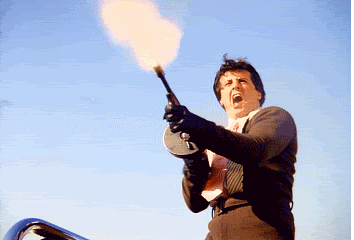NotePad
Nomad
So is the song Lord of Light at all based on or inspired by the novel of the same name by Roger Zelazny? Because the lyrics could work that way. I like to think it is based on the novel, it makes the song so much better and powerful in my mind ;p
I know Maiden has a lot of songs based on works of literature, and historical events. Sometimes i think these things are a positive, but sometimes TBH it feels uninspired. Like writing a song based on Falling Down, it was a great movie, but an Iron Maiden song?....
And i know BNW was not based on the book. But the book was awesome so it would be a plus in my eyes if i were to find it was.
(i know Falling Down is a movie, but i swear i read somewhere that Steve Harris read the novel and based it off that, not the movie. But i just looked it up and there is no book...)
I know Maiden has a lot of songs based on works of literature, and historical events. Sometimes i think these things are a positive, but sometimes TBH it feels uninspired. Like writing a song based on Falling Down, it was a great movie, but an Iron Maiden song?....
And i know BNW was not based on the book. But the book was awesome so it would be a plus in my eyes if i were to find it was.
(i know Falling Down is a movie, but i swear i read somewhere that Steve Harris read the novel and based it off that, not the movie. But i just looked it up and there is no book...)


 -->
--> 